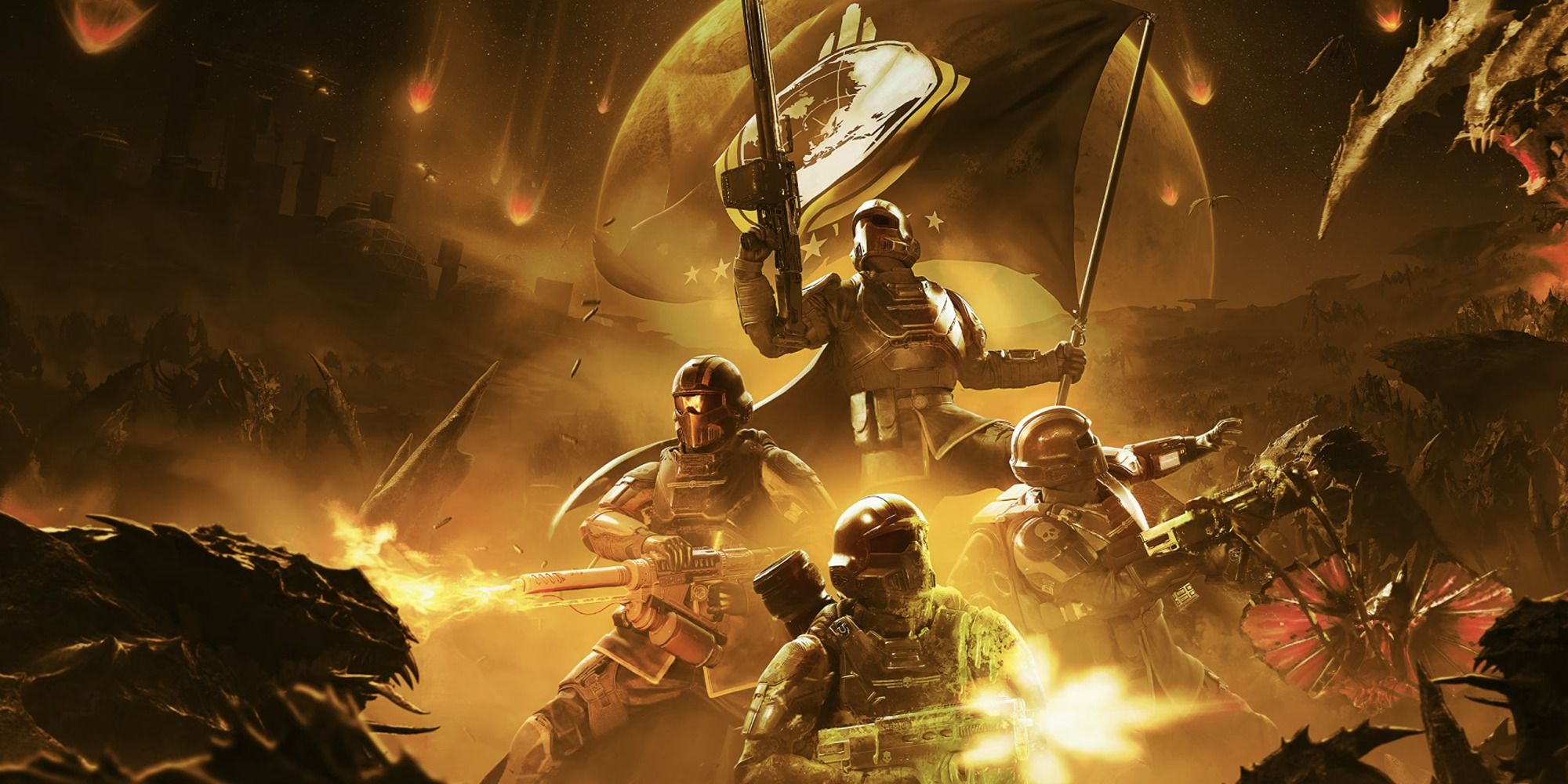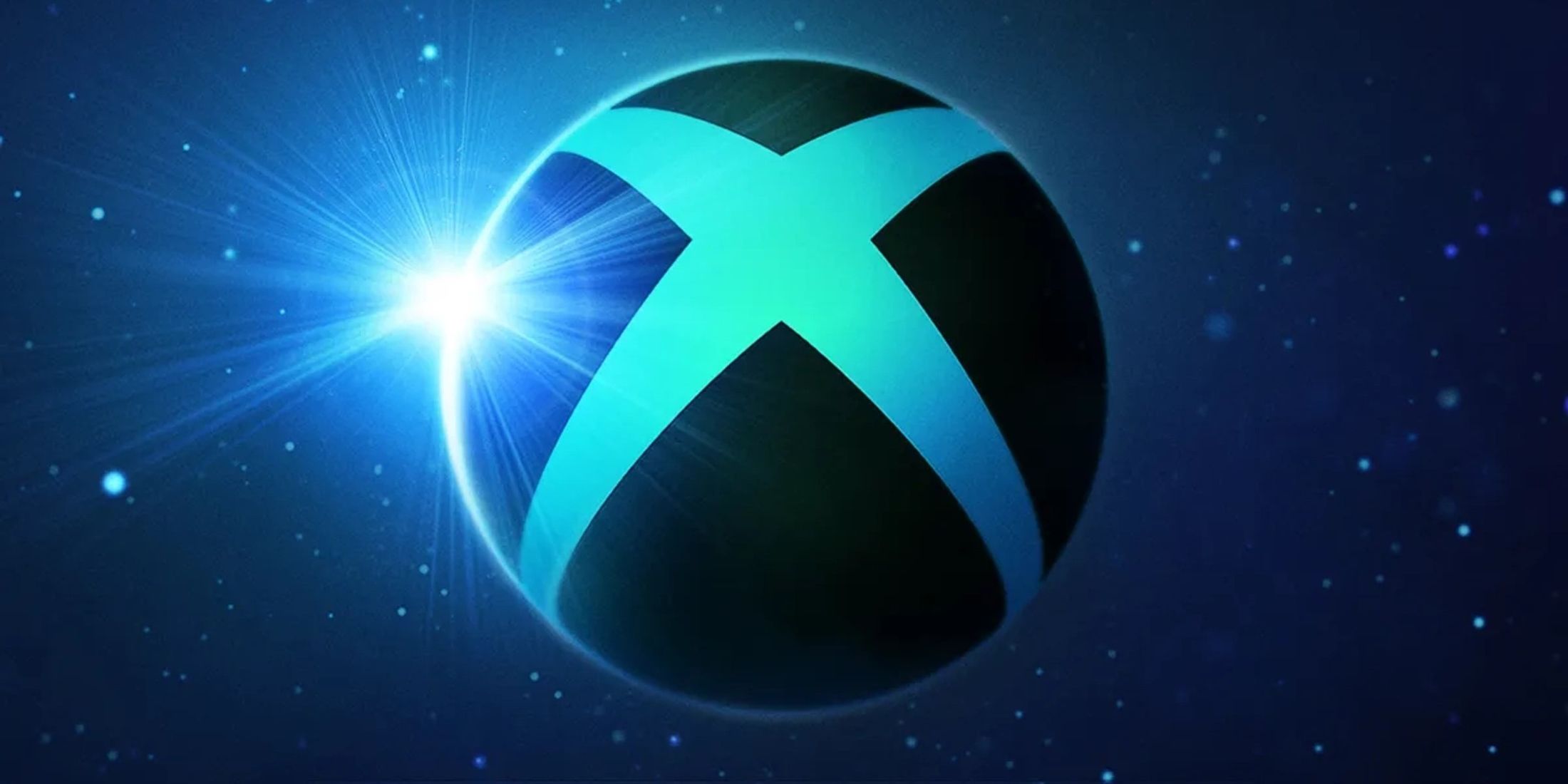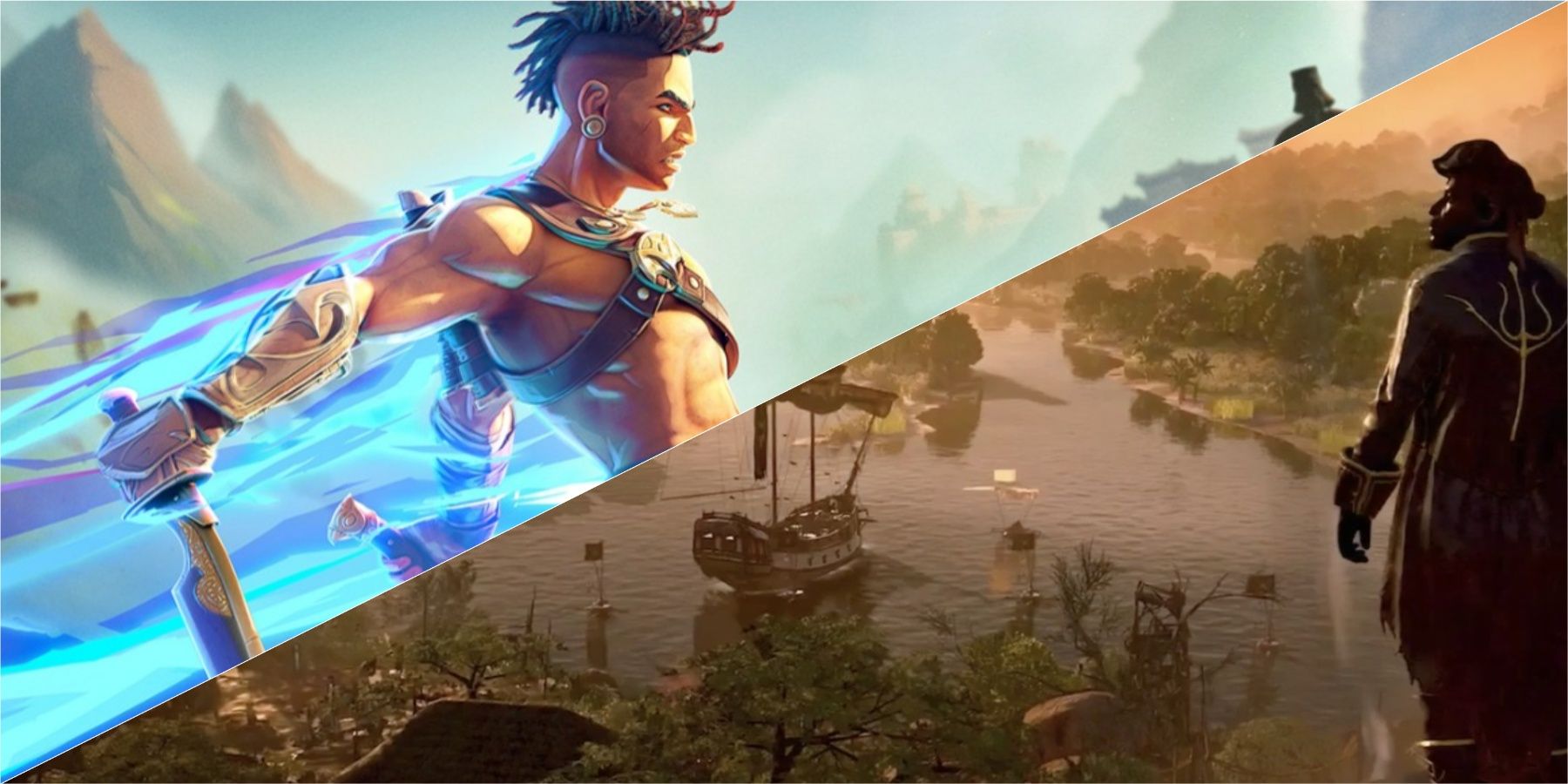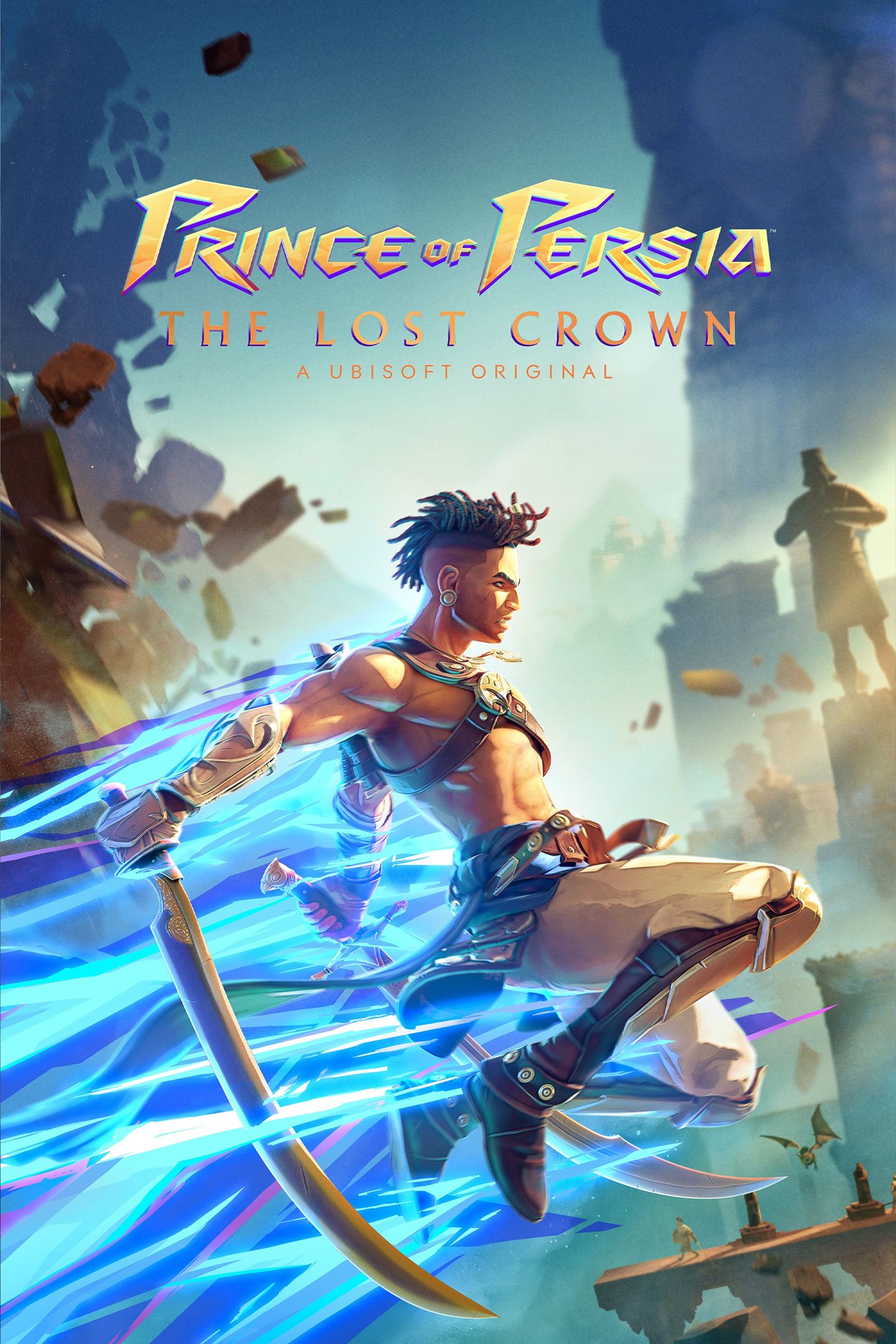Highlights
- Prince of Persia: The Lost Crown shows the success of returning to a series' roots while giving creative control to talented studios.
- Skull and Bones highlights the importance of cutting losses on troubled projects.
- Despite critical success, Lost Crown failed to meet internal expectations. Both games will likely have something to teach Ubisoft when it comes to future titles.
The entire video game industry is in a very turbulent place right now. While 2023 delivered some of the greatest video games of all time, it also brought with it an absurdly high number of layoffs—layoffs that have continued with full force into 2024. In just the first six weeks of 2024, 6,000 video game industry employees lost their jobs. With the recent announcement that Sony is slashing its own workforce by an eye-watering 900 people, it seems like even the biggest companies are no longer safe, and Ubisoft could be next.
According to a report from Insider Gaming's Tom Henderson at the end of last month, tensions at Ubisoft are higher than they ever have been. With over 100 Ubisoft employees losing their jobs in November 2023, higher-ups demanding studios chase trends that often result in dead-on-arrival products and general mismanagement across the board, Ubisoft is apparently at boiling point. All the while, even if sales and receptions aren't necessarily intrinsically tied to whether a studio will sink or swim, it's more important than ever for Ubisoft to learn from its successes and failures, and there's a lot Prince of Persia: The Lost Crown and Skull and Bones could teach the company.
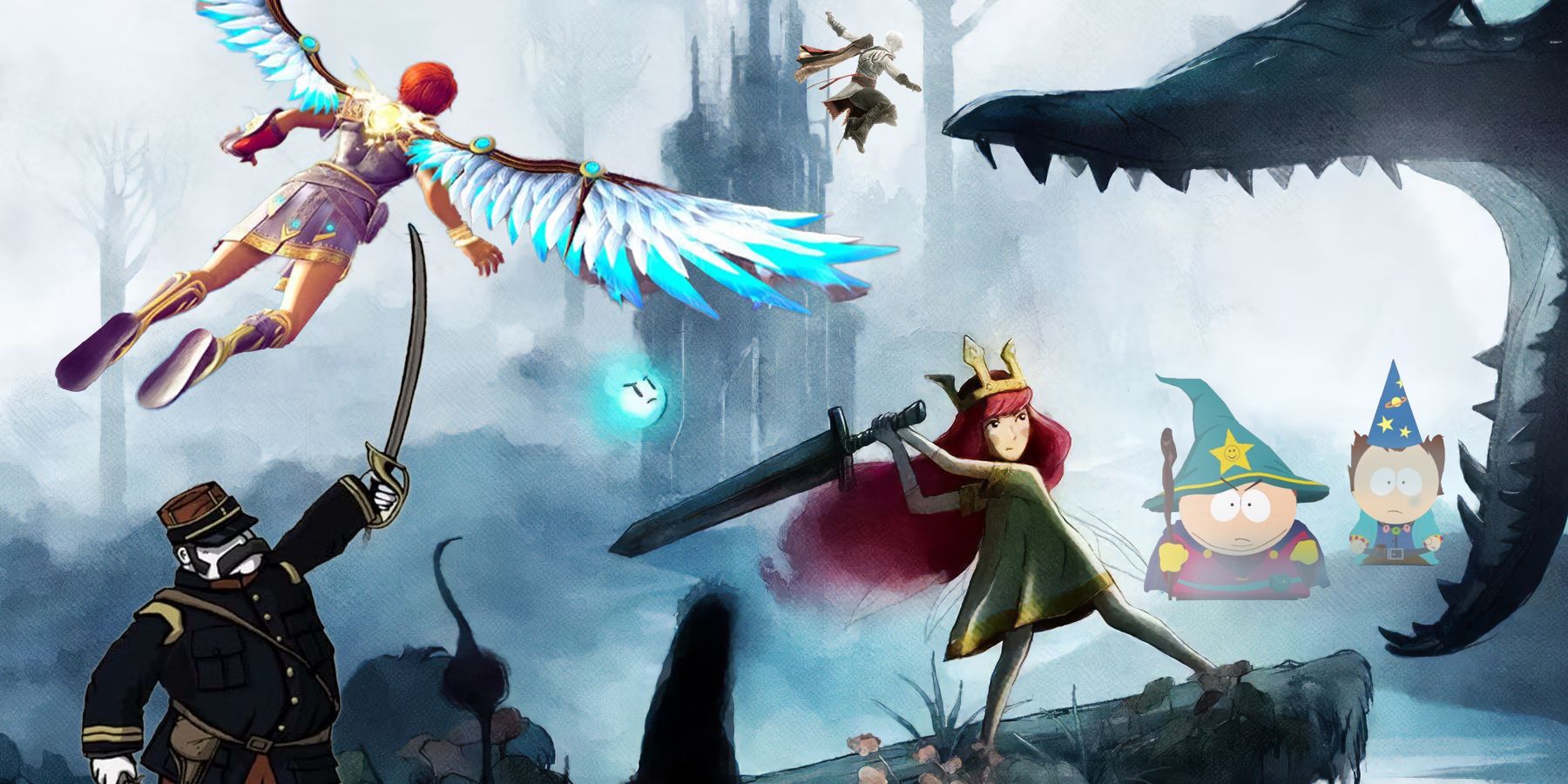
The Best Ubisoft Games Ever, Ranked
Ubisoft has been criticized for relying on franchises, but the gaming company has released many quality video games. Here are the highest-rated.
What Ubisoft Needs to Learn From Prince of Persia: The Lost Crown and Skull and Bones
Prince of Persia: The Lost Crown Proves Returning to a Series' Roots Can Work
Kicking off 2024 with a bang, Prince of Persia: The Lost Crown has become the new standard for franchise reboots. The Prince of Persia series has had a pretty tumultuous history. While many fans adore the original 1989 game and 2003's Prince of Persia: The Sands of Time, just about every other entry in the series has been mediocre at best, with the last franchise entry, 2010's The Forgotten Sands, putting the final nail in the series' coffin.
But 14 years later, Prince of Persia: The Lost Crown has swooped in to save the franchise from its slumber, and it's done so in incredible style. Boasting a great art style, some thrilling boss fights, responsive combat, and some incredibly intuitive Metroidvania level design, Prince of Persia: The Lost Crown pushes the franchise forward in some major ways while also hearkening back to the series' glory days.
One of the biggest reasons behind Prince of Persia: The Lost Crown's critical success is that Ubisoft Montpellier—an incredibly talented studio that had already worked its magic with the Rayman franchise—was likely allowed a great deal of creative freedom when making The Lost Crown. The lesson that Ubisoft should be taking from Prince of Persia: The Lost Crown is that giving talented studios a high level of creative control, and returning to a series' more simplistic roots, can deliver a well-polished, well-reviewed product.
However, according to the same Insider Gaming report, The Lost Crown has failed to meet internal expectations, so Ubisoft will likely perceive this game as a loss regardless of its critical reception.
Skull and Bones Proves That Sometimes It's Better To Cut Losses
Ubisoft's other major release of early 2024, Skull and Bones, should act as a reminder that it's okay for Ubisoft to cut its losses sometimes. Though it began life with an incredibly promising and original premise, Skull and Bones' infamously troubled production led to countless delays and multiple full restarts of the game's development cycle.
According to early reports, Skull and Bones failed to hit its initial 1 million player milestone, even with its eight-hour free trial. It might not be as bad as many were expecting it to be, yet Skull and Bones' gameplay simply feels outdated.
While canceling projects mid-development is always disheartening, in Skull and Bones' case, it would have saved a lot of time, effort, and money, all of which could have been spent on more original Ubisoft titles. If that rings true with Ubisoft, too, then that's another lesson to be learned regarding future projects.

